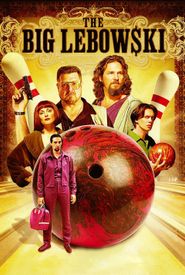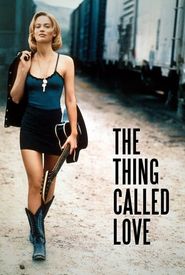Jimmie Dale Gilmore is a country-folk singer-songwriter known for blending traditional honky-tonk and country styles with lyrics influenced by Eastern mysticism and philosophy. Born and raised in Lubbock, Texas, among country musicians, Gilmore grew up surrounded by the city's rich music heritage, which has produced notable artists such as Buddy Holly, Mac Davis, Nanci Griffith, and Waylon Jennings.
As a part-Cherokee individual, Gilmore's look and style stand out in the honky-tonk scene. After forming the Flatlanders with Joe Ely and Butch Hancock, Gilmore briefly pursued a music career before leaving Texas to join a Taoist community in Denver, Colorado in 1974. He spent the 1980s developing his unique aesthetic, merging his love of country music with his spiritual interests.
In the late 1980s, Gilmore returned to Austin, Texas to revive his music career, releasing two independent records before Elektra released his breakthrough album "Spinning Around the Sun" in 1993. The album received critical acclaim, and Gilmore's career gained momentum with high-profile fans such as David Letterman and Natalie Merchant.
Gilmore's reputation was further solidified by the reissue of the Flatlanders' out-of-print record, "More a Legend Than a Band," in 1991. He has continued to release solo records and, in 2002, reunited with Ely and Hancock to reform the Flatlanders.
In addition to his music career, Gilmore made his film debut in 1993's "The Thing Called Love," directed by Peter Bogdanovich. He also appeared in the Coen Brothers' film "The Big Lebowski" as Smokey, a pacifist bowler, and contributed to the soundtracks of "Monster's Ball" and "The Horse Whisperer."





















